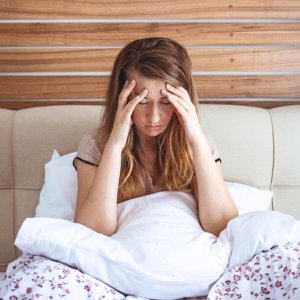Drinking Habits

Alcohol drinking habits come in all different forms, yet each one can pose its own set of problems. Below is a list of drinking habits and the potential dangers they pose.
Social drinking:
Drinking alcohol in moderation during social events, such as parties or gatherings. Social drinkers typically limit themselves and do not use alcohol to cope with stress or discomfort. It is important to note that most social drinkers can maintain a healthy relationship with alcohol. They typically practice moderation, having no more than four drinks per occasion for men and no more than three for women.

The issues social drinkers run into can range from DWIs, justifying going to more social drinking events as a reason to drink, and/or turning everyday activities into “social gatherings” in an attempt to rationalize drinking.
Binge drinking:
Consuming a large amount of alcohol in a short time. The National Institute on Alcohol Abuse and Alcoholism (NIAAA) defines binge drinking as consuming four or more drinks for women and five or more drinks for men in about two hours. Binge drinking can lead to poor decision-making and memory lapses and poses severe health and safety risks.
Binge drinking is one of the most dangerous forms of consumption because someone can become at high risk for “blackouts.” Blackouts include loss of standard motor skills, memory lapses, poor decision-making abilities, vision changes, and difficulty speaking. This also poses a risk for alcohol poisoning/overdose, which can make someone extremely ill and can lead to permanent brain damage or death. Binge drinking can also lead to physical dependency and put someone at serious risk for withdrawal if they attempt to quit.
Enhancement drinking:
Enhancement drinking is consuming alcohol to boost confidence, elevate mood, or amplify positive emotions. While this type of drinking may seem harmless, it can lead to excessive alcohol use and addiction.
Enhancement drinkers can become accustomed to the positive feelings or relaxation they get from alcohol and start to crave those effects more often.
Celebration drinking:

This type of drinking occurs mostly during special occasions, events, and parties. Many people find that alcohol helps foster social bonding and lightens the mood at celebrations.
Much like social drinking, celebrations can lead to binge drinking, legal issues if drinking to excess, and finding reasons to make routine activities “celebrations” as a reason to drink.
Coping drinking:
Coping drinkers turn to alcohol to relieve stress, anxiety, or emotional discomfort. They rely on drinking to escape their problems temporarily or numb emotional pain.
Using alcohol to relieve stress, anxiety, or emotional discomfort temporarily puts coping drinkers at a high risk of developing an alcohol addiction because alcohol doesn't address the underlying cause of their distress. Self-medication with alcohol does not address the root cause of a person’s distress and will likely worsen the situation instead. Alcohol typically causes the person’s problems to worsen, and without intervention, coping drinkers will only drown themselves more and more in alcohol to mask the ever-growing problems.
Any form of drinking to excess can cause a wide range of problems: emotional, financial, work-related, familial, etc. If you or a loved one is struggling with alcohol and does not seem able to control their alcohol consumption, please give us a call so we can help.


